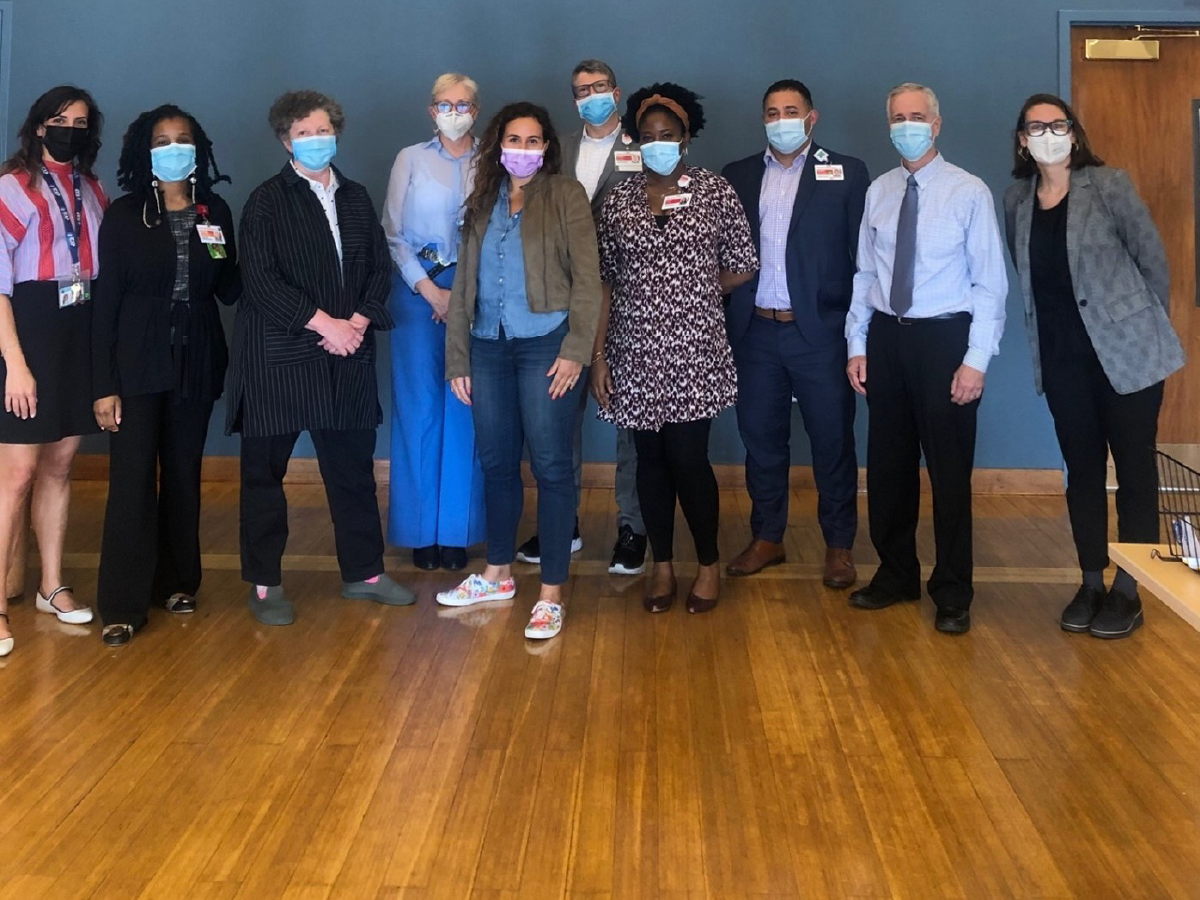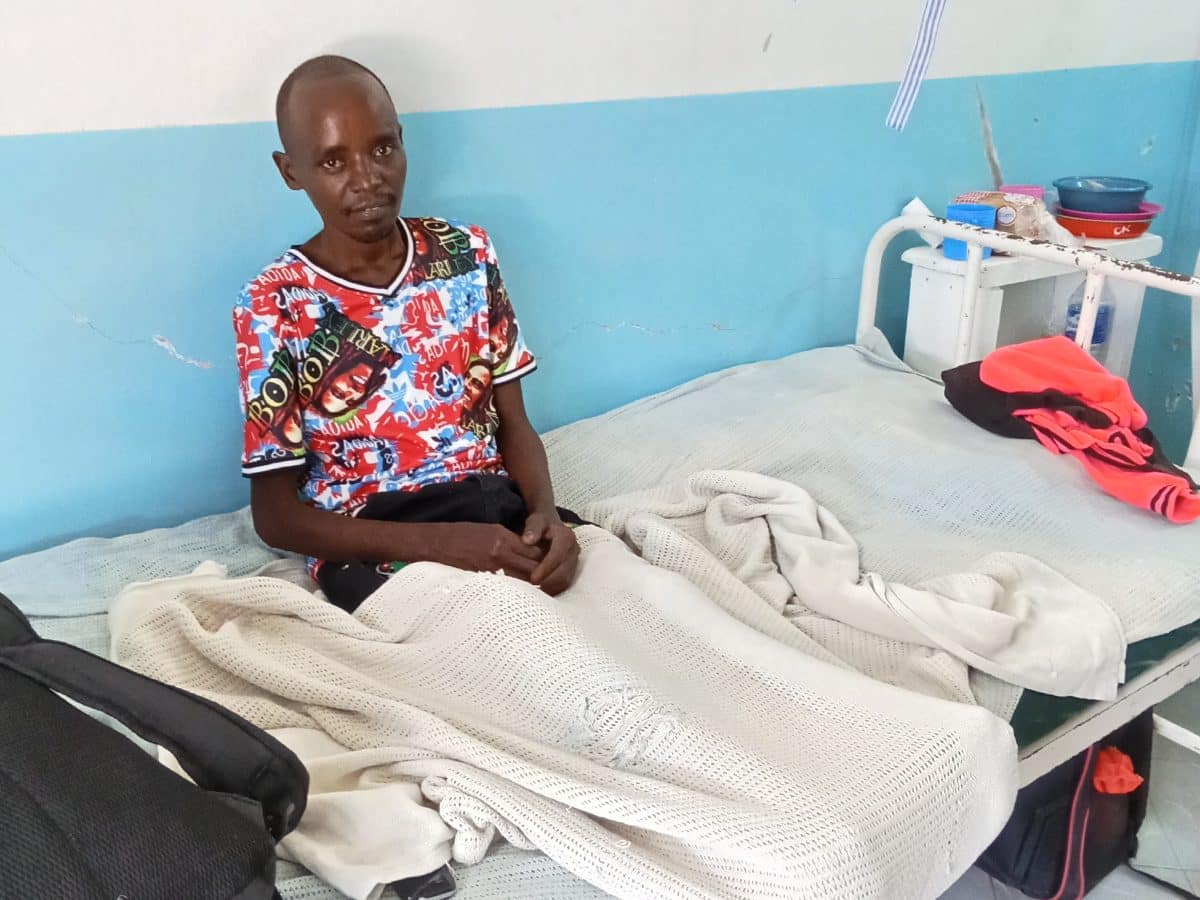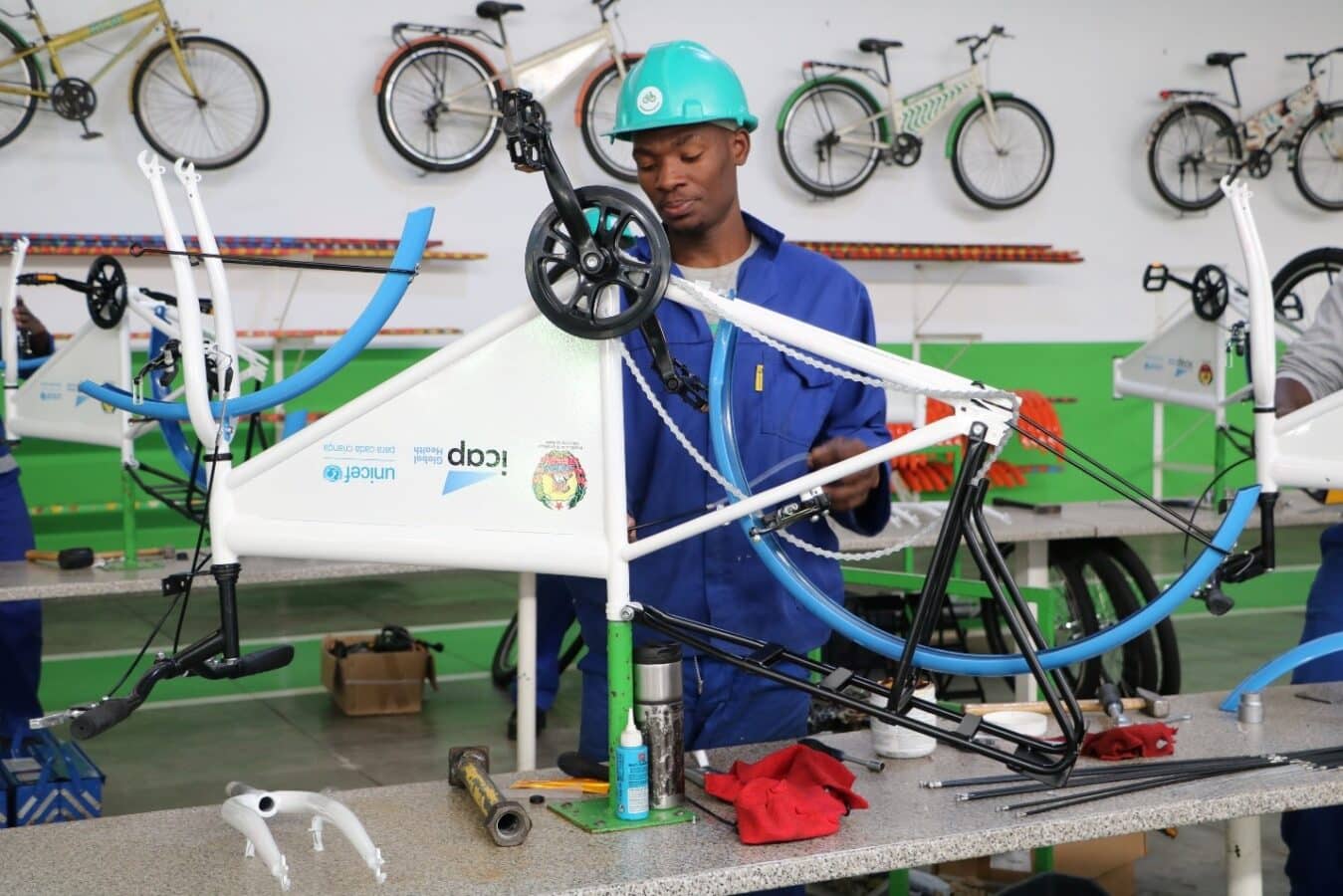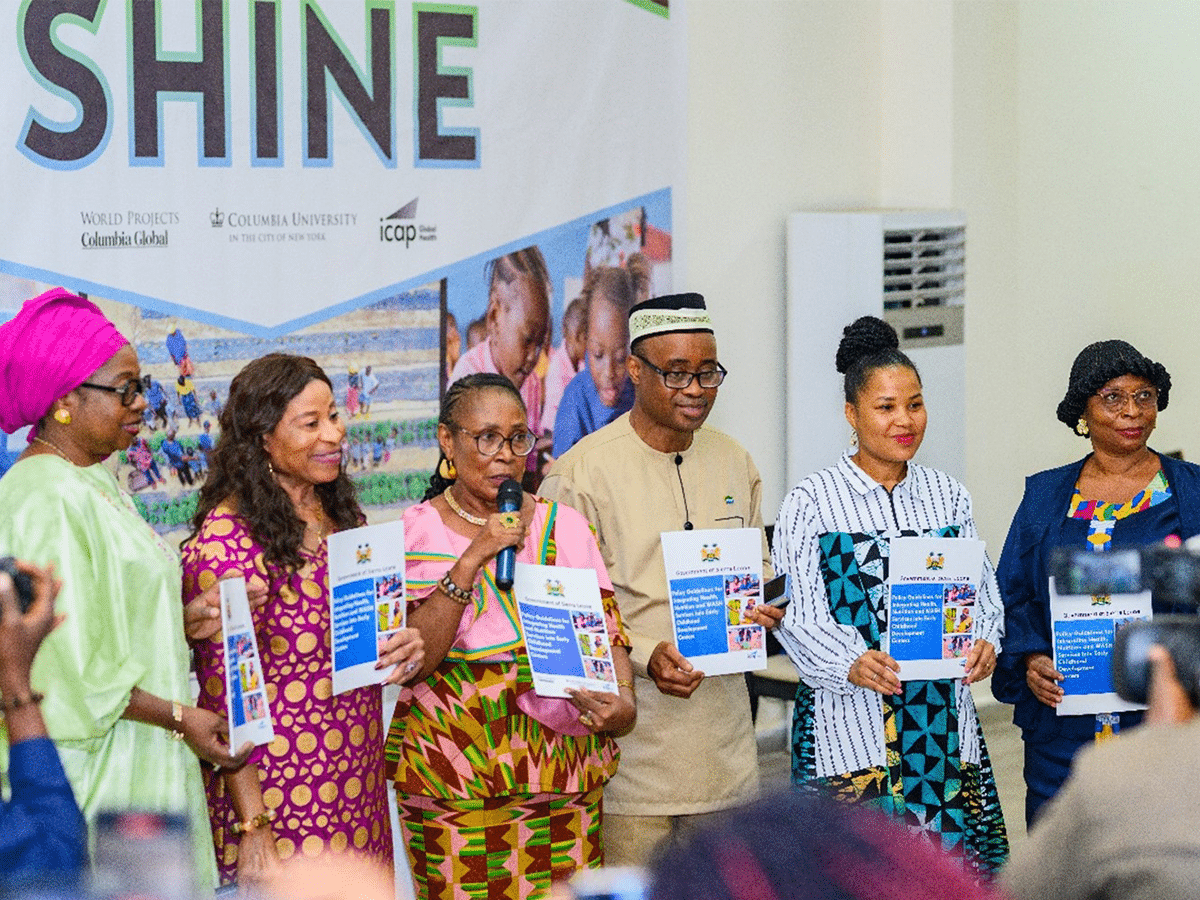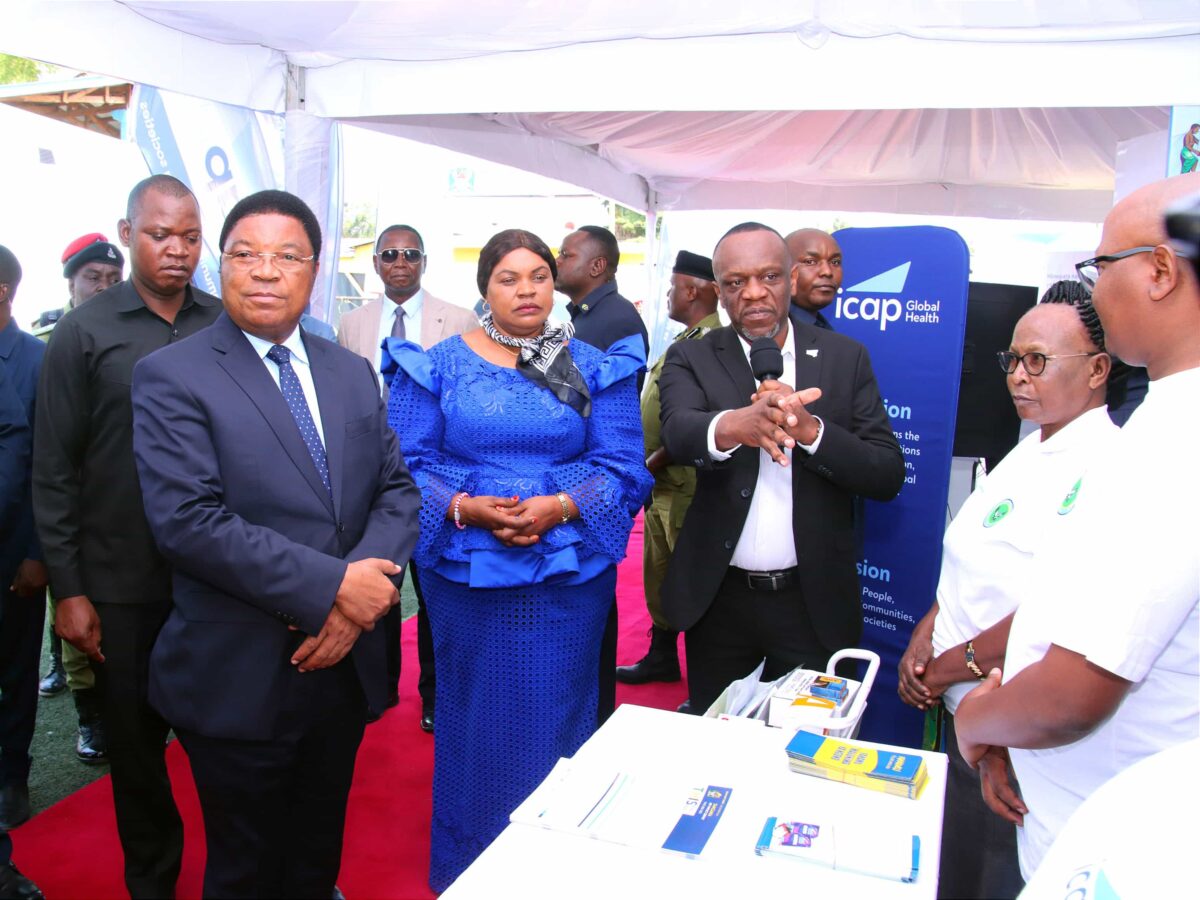As part of an ongoing collaboration between ICAP and the Dalio Center for Health Justice at NewYork-Presbyterian (NYP) Hospital, six administrators from the hospital network recently completed an intensive week-long skill institute covering topics related to the complexities and challenges of managing systems-level responses to sudden health crises. The activity marked the second gathering of the Responding to Epidemics and Crises in Health (REACH) Fellowship, an innovative one-year program providing intensive training to a select group of NewYork-Presbyterian staff across a variety of health disciplines.
“Through the REACH fellowship, we hope to use the lessons learned from the COVID-19 response to build more community-centered, resilient health responses when public health threats emerge in the future,” said Susan Michaels-Strasser, PhD, MPH, senior director of Human Resources for Health Development, who leads the REACH Fellowship at ICAP. Over the course of the 2020-2021 academic year, fellows are being trained to work in partnership across the NYP health network, local communities, and public health systems to better predict, manage, and lead robust responses to complex health emergencies, including emerging infectious diseases like COVID-19. The six fellows represent a variety of functions across the hospital chain including community outreach, supply chain, pastoral services, nursing, patient safety, and operations.
“The Dalio Center for Health Justice at NewYork-Presbyterian is proud of our ongoing collaboration with ICAP through the REACH fellowship,” said Julia Iyasere, executive director for the center. “Through the year-long fellowship program, ICAP and NYP are working together to support the leaders of tomorrow who will drive measurable improvements in our collective ability to effectively predict, manage, and lead robust responses to emerging infectious diseases.”
Following a week-long training on the foundations of public health in February 2021, the second institute focused on the application of public health knowledge to emergency planning and response within a large health network. Fellows engaged in sessions on building responses to disasters and other complex humanitarian emergencies, strategic policies for emergency contexts, and effective strategies for crisis leadership. For REACH fellow Robert Weitzman, director of operations at NYP’s Lower Manhattan hospital, “the overview of strategy and strategic management during week two provided a framework from which to develop comprehensive plans to tackle any operational challenge.” During the course of the fellowship, each participant is utilizing the knowledge gained from each institute to develop of context-specific redeployment plans for the NYP health network at large, as well as for each of their individual units.
REACH fellow and NYP chaplain Linda Golding found the second institute beneficial for her work supporting patients, staff, and their families: “As a chaplain, my daily work has been focused on the resilience of the human spirit in all its shapes and sizes,” she said. “Now, I find myself thinking about this resilience as a key element of the equation that makes up the social determinants of health and this new, expanded view is allowing me to access renewed and increased patience and compassion. I feel very fortunate to be a REACH Fellow at exactly this moment in time, coming out my own COVID 19 experiences and looking to how I can contribute to preparedness for the urgent public health need.”


